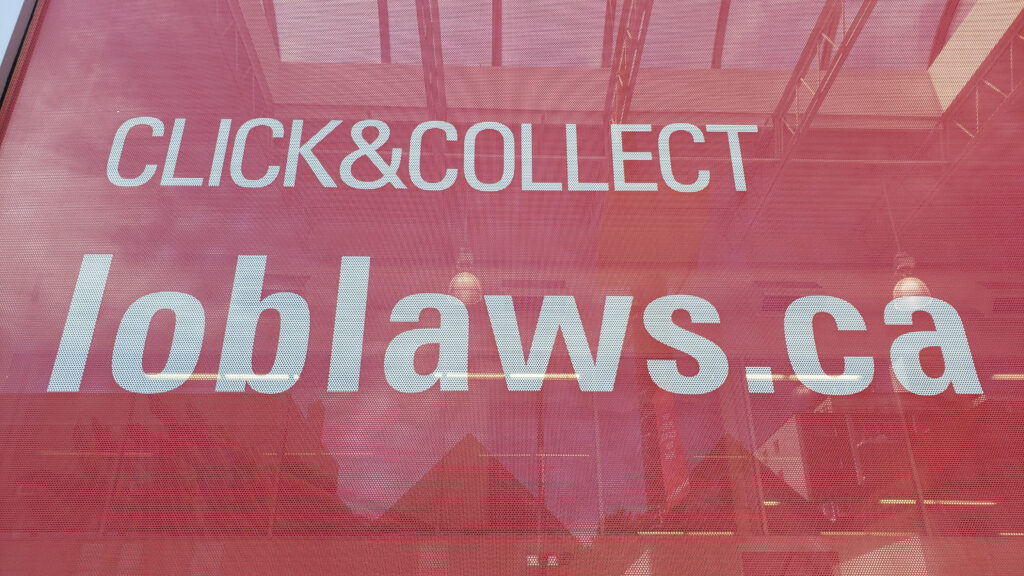October 30, 2020 | By Julius Melnitzer
The Supreme Court of Canada has agreed to consider whether Loblaw must pay Canadian tax on the profits of a Barbados-based subsidiary.

The appeal could have landmark consequences for both the general anti-avoidance rule (GAAR) and the foreign accrual property income (FAPI) regime.
“This could be a major new take on GAAR in the commercial context,” says William Innes, a Toronto-based tax litigator. “At minimum, it will be a major restatement on FAPI.”
FAPI credits any investment income earned by a controlled foreign affiliate to the Canadian parent. But there’s an exemption for regulated foreign banks who have more than five full-time employees, other than a business conducted principally with non-arm’s length parties.
The Canada Revenue Agency (CRA) argued that GBL could not use the exemption because the companies were not at arm’s length. The Agency also invoked GAAR, maintaining that GBL and Loblaw designed the relationship merely to give the appearance of compliance with the exemption.
The Federal Court of Appeal disagreed with the CRA and awarded costs of almost $2 million to Loblaw. Now it’s in the SCC’s hands.
RELATED STORIES
Courts mature in their approach to GAAR